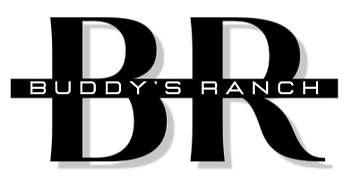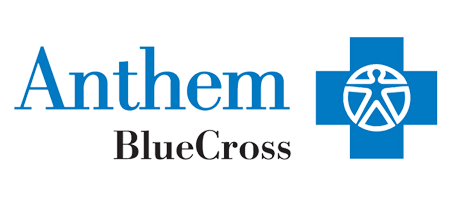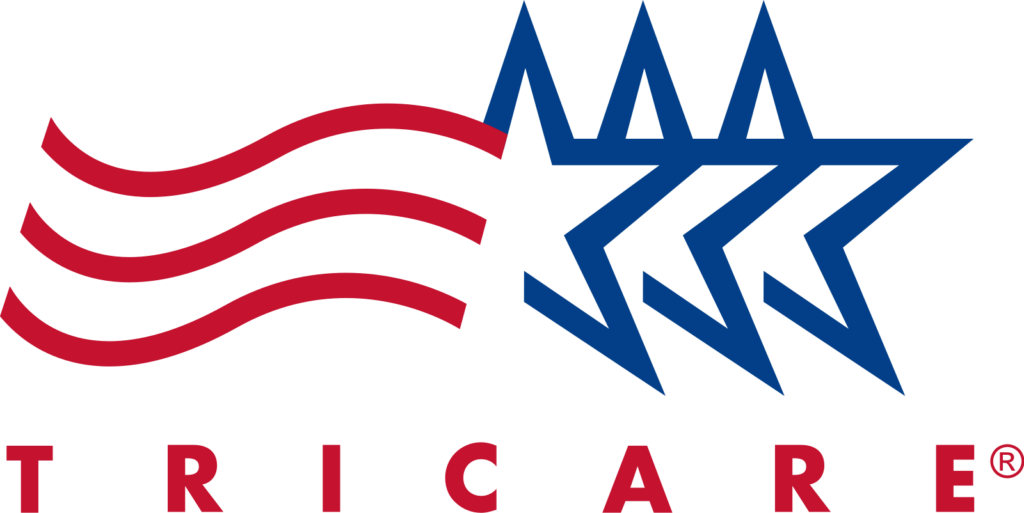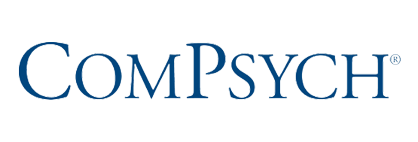Prescription Drug Addiction Treatment
home » What We Treat » Substance Abuse » Prescription Drugs
table of contents
- Northern California Prescription Drug Treatment
- Understanding Prescription Drug Misuse
- Recognizing Signs of Prescription Drug Addiction
- Evidence-based Therapies at Buddy’s Ranch
- Comprehensive Prescription Drug Treatment in Northern California
- Prescription Drug Treatment FAQs
- Why Choose Buddy’s Ranch for Prescription Drug Treatment?
- Find Your Way Back with Compassionate Prescription Drug Addiction Treatment
medical reviewer:
adam swanson, lmft
Northern California Prescription Drug Treatment
Buddy’s Ranch offers a comprehensive prescription drug treatment program in Northern California designed to address the root causes of addiction and support long-term recovery.
Our approach is different from a sterile, clinical facility. We provide:
- Medically Supervised Detox: To ensure your safety and comfort during withdrawal.
- Holistic Therapies: To address the root causes of your dependency.
- Supportive Environment: Rebuilding your life in a community of others with shared experiences.
Overview of Our Prescription Drug Treatment
The path to prescription drug addiction often starts quietly, with a legitimate prescription for opioids, benzodiazepines, or stimulants. Because these medications alter brain chemistry and create a powerful cycle of tolerance and withdrawal, it is extremely difficult and dangerous to quit on your own, especially with opioids and benzos. A medically supervised detox is essential for safety.
At Buddy’s Ranch, we help individuals escape the cycle of prescription drug abuse in a natural, supportive setting. Our prescription drug rehab program focuses on healing the whole person. We don’t just treat the chemical dependency; we teach you holistic methods like mindfulness and nutrition to manage the underlying pain or anxiety, providing a real path to long-term recovery.
Understanding Prescription Drug Misuse
Spotting prescription drug use early can make a big difference in recovery, and while it can be hard to spot at first, certain patterns often emerge. Common warning signs include taking more medication than prescribed, “doctor shopping,” and experiencing withdrawal symptoms when doses are missed. Additional things to watch for if you suspect a family member might be experiencing drug addiction include:
- School or work concerns, such as frequent absences, a drop in grades or job performance, or loss of interest in activities.
- Physical changes, including red or bloodshot eyes, sudden weight gain or loss, low energy, or lack of motivation.
- Neglected appearance, such as poor grooming or wearing the same clothes repeatedly.
- Behavioral changes, including secrecy around activities, avoidance of family interactions, or new or unusual friend groups
Without treatment, dependence can progress quickly. However, with a comprehensive plan that addresses both the physical and psychological aspects of addiction, recovery is possible.
Effective mental health and addiction treatment starts with proven, research-backed methods. Our evidence-based therapies are tailored to each individual, helping clients understand the root causes of their challenges, develop healthier thought patterns, and build practical coping skills for long-term success.
- Cognitive Behavioral Therapy (CBT) – CBT helps clients identify and change negative thought patterns that contribute to harmful behaviors. By learning to reframe these thoughts, clients can respond to challenges with healthier actions and greater emotional control.
- Dialectical Behavior Therapy (DBT) – DBT combines acceptance strategies with skill-building in mindfulness, distress tolerance, emotion regulation, and interpersonal effectiveness. It’s especially helpful for managing mood swings, improving relationships, and reducing impulsive behaviors.
- Acceptance and Commitment Therapy (ACT) – ACT encourages clients to accept difficult thoughts and feelings rather than avoiding them, while committing to actions that align with their personal values. This approach fosters psychological flexibility and resilience, even in the face of stress or cravings.
- Motivational Interviewing (MI) – MI is a collaborative, client-centered method that helps people resolve ambivalence about change. Through guided conversations, clients explore their motivations, strengthen their commitment to recovery, and take steps toward their goals.
Comprehensive Prescription Drug Treatment in Northern California
Prescription Drug Treatment Detox Program
Detox is often the first step toward lasting recovery. In our medically supervised setting, clients safely clear addictive substances from their bodies while receiving 24/7 care to manage withdrawal symptoms. Detox alone is not a complete treatment, but it prepares the mind and body for the necessary therapeutic work that will come next. Our goal is to make this process as safe and comfortable as possible, ensuring a smooth transition into the next phase of care.Residential Addiction Treatment Program
Following detox, we offer a residential program in a structured setting. Clients live on-site and follow an individualized care plan that blends evidence-based therapies, educational workshops, and wellness activities to support physical, emotional, and spiritual healing. Residential treatment provides the stability and focus needed to address the root causes of addiction, build essential coping skills, and reduce the risk of relapse. People often stay in residential treatment for at least a few weeks, and our program helps clients develop the tools, confidence, and healthy routines necessary for long-term recovery.Prescription Drug Treatment FAQs
Yes, MAT is available when clinically appropriate, such as for severe opioid addiction. This approach pairs carefully prescribed medications with counseling and behavioral therapies to ease withdrawal symptoms, curb cravings, and support a smoother recovery journey. The goal is improved comfort, stability, and a better chance of long-term sobriety.
Yes. Buddy’s Ranch specializes in treating co-occurring mental health and substance use disorders, also known as dual diagnosis. We understand that conditions like anxiety, depression, PTSD, or bipolar disorder can contribute to addiction and make it worse. Our integrated approach addresses both issues at the same time. Through a combination of evidence-based therapies, medical support, and holistic wellness practices, we help clients manage their mental health symptoms while building a strong foundation for recovery.
Why Choose Buddy’s Ranch for Prescription Drug Treatment?
We understand that prescription drug addiction is complex and requires more than simply stopping use. Our clients benefit from a personalized care plan that may include medical detox, evidence-based therapies, holistic wellness practices, and dual diagnosis treatment when needed. Our team of licensed professionals works closely with each individual to help them heal past wounds, rebuild self-confidence, and establish healthy daily routines. We also prioritize relapse prevention with life skills coaching, peer support, and aftercare planning that extends well beyond the end of formal treatment. Whether through alumni programs, continued counseling, or community resources, Buddy’s Ranch ensures clients leave with a strong support network.
Find Your Way Back with Compassionate Prescription Drug Addiction Treatment
Contact
"*" indicates required fields
You can view our privacy policy here.










